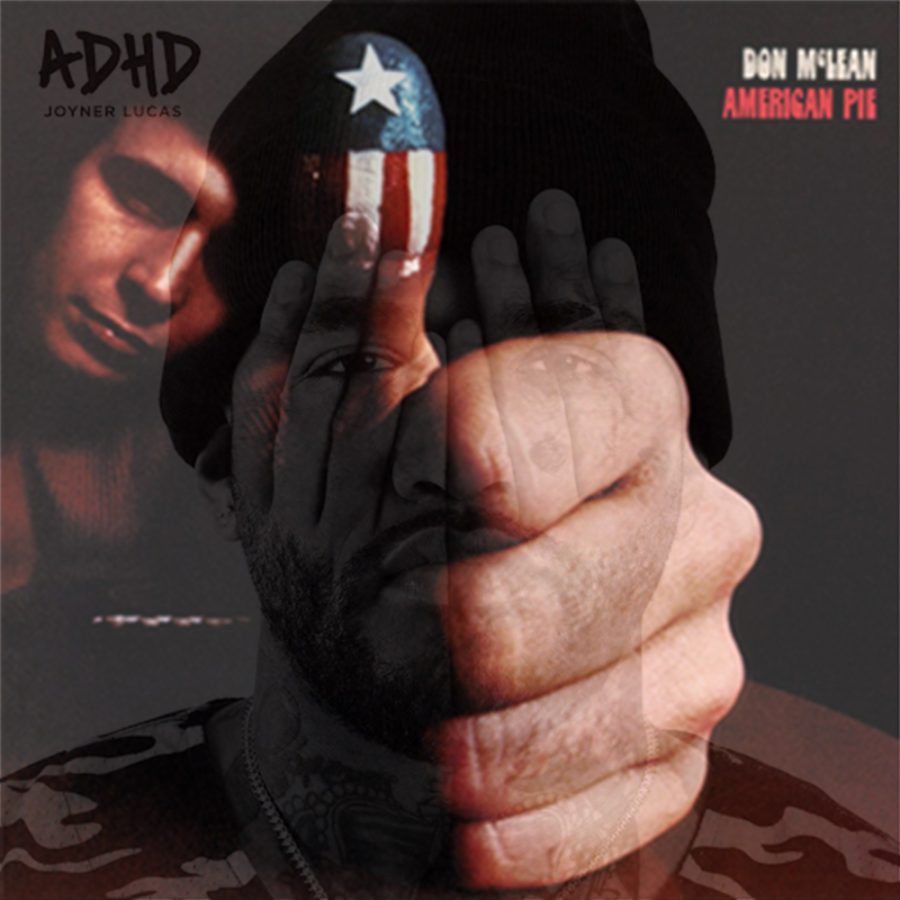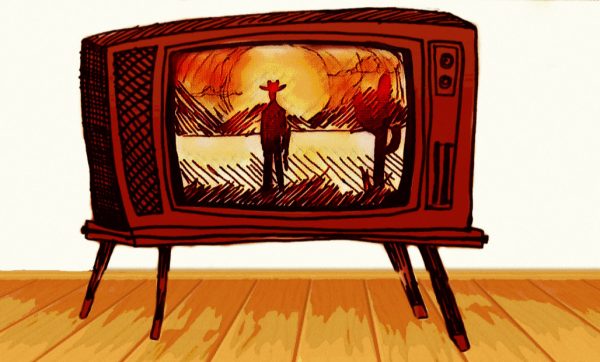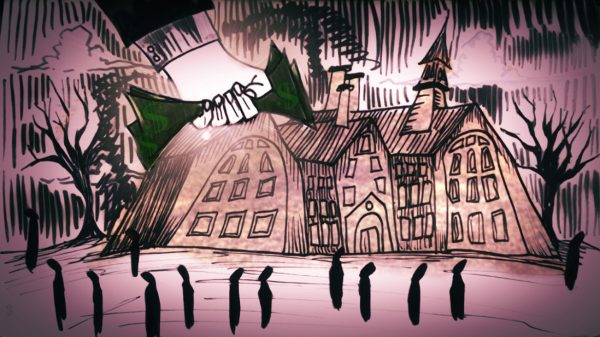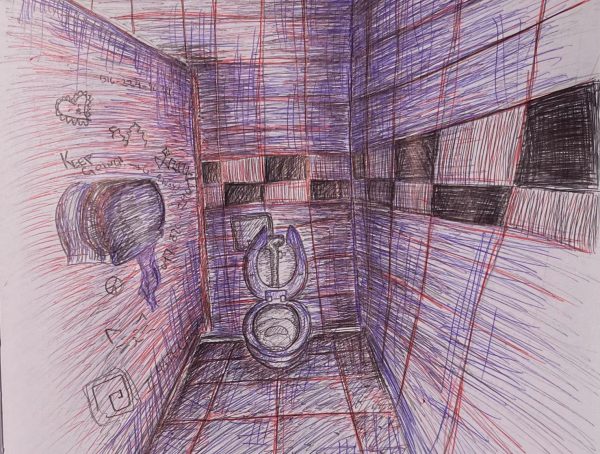Joyner Lucas and the new Americana
On March 27 2020, rising hip hop artist Joyner Lucas released ADHD, his debut studio album. Track 7 is entitled “Devil’s Work” and is the fourth most popular song off the 13-song work, amassing nearly 30 million plays on Spotify since its release as a single on May 2, 2019.
The song is best described as a tribute song, with Lucas dropping many names of fellow rappers and other members of the black community who died young. Throughout the whole song Joyner is talking to God, asking questions.
“Drownin’ in my tears, tryna pray for something / Wonder why you give us life for you to take it from us / Wonder why you give us family then erase them from us / Maybe hopefully you can have a conversation with us.”
Those characteristics make it strangely similar yet also vastly different to an older song with a different tone: Don McLean’s 1971 hit “American Pie.”
Let’s start with the similarities. Both songs are meant to be tributes to musicians who have passed before their time. “Devil’s Work” does this fairly explicitly, shouting out many different names.
“Give us Tupac back…Give us Biggie, give us Pun, give us Triple X…But how you take Selena and then you take Aaliyah…”
Lucas goes on to mention various non-musicians who famously died young, including Martin Luther King Jr, Malcolm X, and Trayvon Martin, the 17-year-old black boy who was killed by later-acquitted George Zimmerman in 2012.
“American Pie” on the other hand is a song that doesn’t have a meaning that can be discerned through just listening to the lyrics, so without some research, it’s pretty difficult to know what the song is actually about.
Though McLean has never explicitly confirmed this, the generally accepted meaning of “American Pie” is a tribute to three legends of early rock and roll: Buddy Holly, Ritchie Valens, and J.P. “The Big Bopper” Richardson.
The oldest of the three men was 28 years old. Their plane went down in 1959, an event immortalized in this song as “the day the music died.”
“American Pie” is seen as an ode to the loss of these musical titans as well as the loss of the post-war idyllic optimism that is so evocative of the 50s.
Another connection is that both songs make heavy use of religious references.
Lucas formats “Devil’s Work” as a letter to God and McLean uses lyrics such as “Do you have faith in God above? / Well if the Bible tells you so” and “No angel born in hell / Could break that Satan’s spell.”
However, the second similarity of both songs being tributes to deceased musicians is less overt.
All of that having been said, it’s hard to ignore the fact that “Devil’s Work” and “American Pie” are more different than similar.
“Devil’s Work” is very open and forthcoming with its subject matter. There aren’t really any hidden meanings or covert symbolism or tricky wordplay. Lucas avoids these songwriting devices in favor of a rock-solid narrative.
This is in contrast to “American Pie” where there are no names mentioned directly, with plenty of symbols within the lyrics representing different musical figures at the time, including Bob Dylan, Elvis and The Beatles.
There are also differing tones within the two works, with “Devil’s Work” taking on a more angry tone, while “American Pie” takes on a more sorrowful tone.
At their core, both songs are snapshots of the American cultural landscape of their time. Because of that, though it’s never explicitly mentioned, both songs are, in a way, an answer to the question “what does it mean to be American?”
In 1971, McLean helped to answer that question by reminding the American people that it was time to move on. We won the war, the economy boomed for a few years, but now we must return to the “real world.”
In today’s America, Joyner’s answer to that question is one of remembrance. He wants the American people to never forget these names, that these unjust deaths happened, and to improve the nation to one where these deaths don’t happen.
Both songs are important pieces of Americana and by looking at them side by side, we can see how the definition of America and its culture has changed over the years.

(She/her)
Kate Vanni is a senior Communications Design major with minors in Applied Design and Studio Art. Before becoming the Editor-in-Chief, Kate...
















